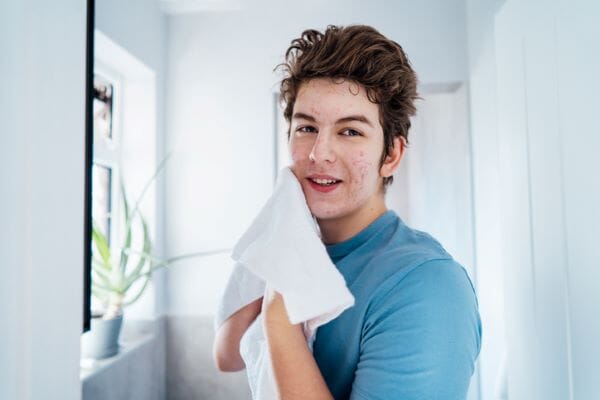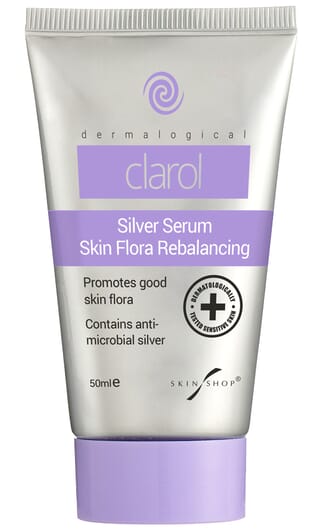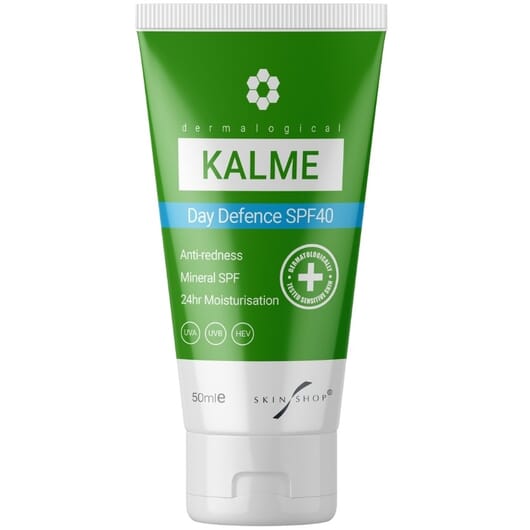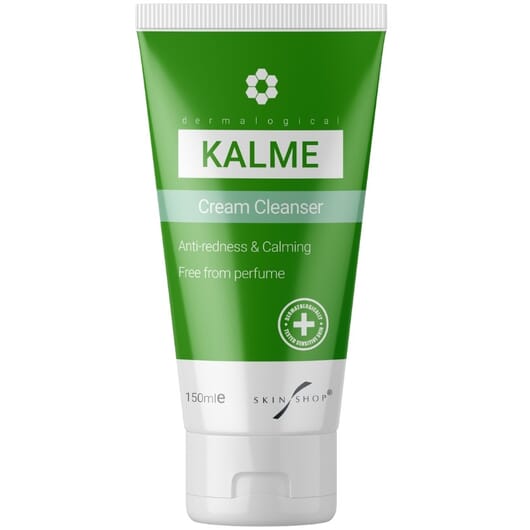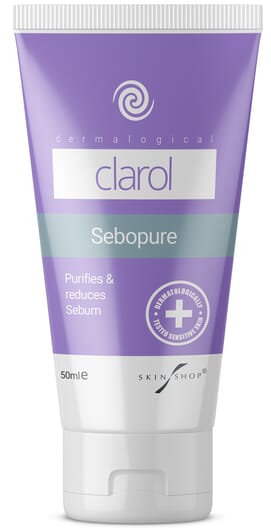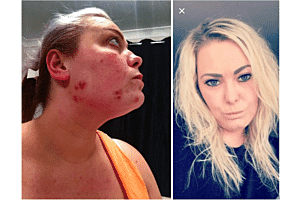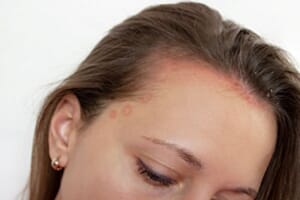The UK has been ranked 8th worst hot spot for acne according to brand new survey published this week in the British Journal of Dermatology (BAD).
A new study found that teens and young adults under the age of 24 in over 200 countries surveyed, including the UK, have seen a significant rise in acne rates since the 1990’s.
The UK ranked the 8th highest in acne rates in the global survey with a 14% acne prevalence, while Germany followed by Portugal had the highest acne increase rates and Romania and Albania had the lowest. The only country not to see an increase at all in acne was New Zealand.

BAD has suggested in response to the survey that the rise in acne rates could be in large part due to environmental factors such as pollution from urban living. They also concluded that the real rate of acne could be much higher as many people do not seek an official diagnosis of their acne.
A BAD spokesperson was keen to raise awareness as a response to the survey that as well as the profound psychological impact of untreated acne, some people suffer permanent scars and that more support and acne treatment for acne sufferers was needed in national healthcare.
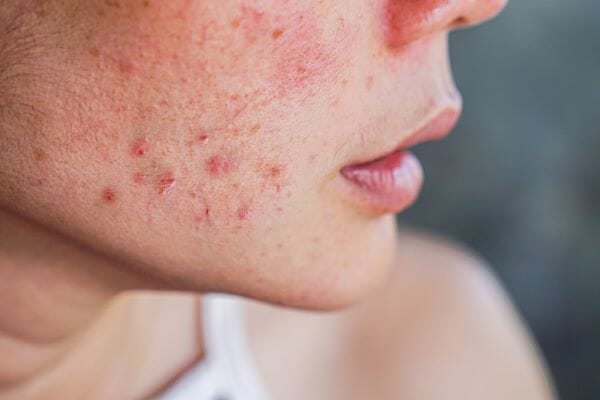
“A modern type of ‘urban’ acne is on the rise because it is a combination of hormonal acne with environmental acne, making it particularly complex to treat as treatments need more than one action to help reduce and prevent it,” says Consultant dermatologist Dr Eva Melegh.
“Higher levels of cortisone hormones from the daily stresses of city living combined with the hormonal flux of puberty are exacerbating this type of acne.
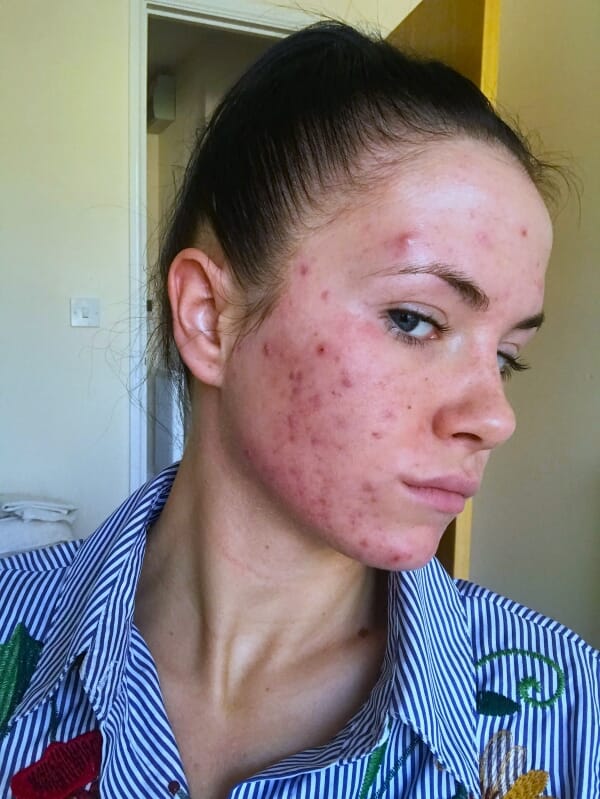
“Add to this a rich and complex mix of foreign bacteria, cigarette and engine smoke, skin damage from air conditioning systems and pore clogging oily particles in the air and you have a perfect storm for acne to thrive in.
“The pollution damage to skin plus the higher levels of stress cortisone hormones means that urban skin becomes overwhelmed and the natural skin cleaning processes can fail resulting in congested and inflamed skin.
‘Products to treat modern acne need to be multi-functional and not too harsh. They need to actively preserve the skin’s natural defences against acne while also helping protect the skin in certain areas where it may get overwhelmed from environmental damage,’ says Dr Melegh.
Dr Melegh gives her 4 tips on how to prevent and reduce environmental acne
Tip 1: Replenish bacterial balance
Modern urban environments contain a complex and foreign mix of damaging bacteria that our skin is not used to dealing with. This mix of foreign bacteria further increases the risk of infected blocked pores because the excess sebum attracts the bacteria and creates an ideal habitat for it to quickly breed and multiply.
However, simply using strong anti-bacterial products aimed at mostly teen acne can lead to further issues for urban acne, especially in adult skin. Urban skin needs higher levels of protection and so it’s crucial that things like skin barrier function remain in good condition to prevent moisture from escaping and bacteria from getting in.
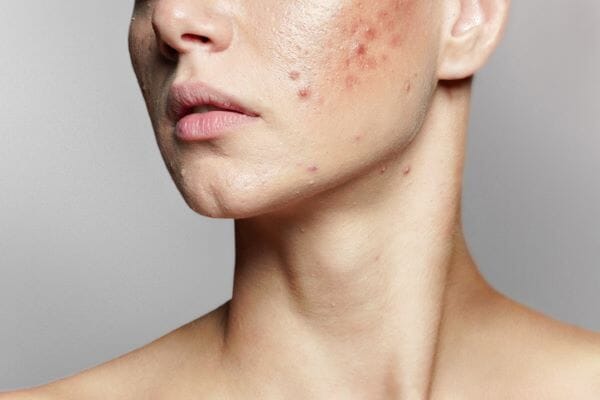
Skin barrier function is maintained via good skin bacteria. Using normal anti-bacterial products for acne wipes out all skin bacteria, both good and bad, resulting in drier and more fragile skin that then lets in more foreign bacteria that leads to more acne.
So, maintaining or preferably increasing levels of good skin bacteria in urban skin is the most effective way to protect skin from bacterial acne.
Some modern skin care products contain ‘smart’ anti-bacterials in that they only attack bad skin bacteria and preserve good skin bacteria. This is an ideal action for preventing and protecting the skin against urban acne.
Clarol Silver Serum contains a naturally sourced smart antibacterial agent made from micronized silver that starves bad skin bacteria while feeding good skin bacteria. It should be used twice daily, both at night and under all cosmetics and other skincare products during the day.
Tip 2: Reduce oxidative skin stress & inflammation
Oxidative stress on the skin appears as inflammation and redness.
Oxidative stress is much higher in urban environments. Pollution as well as UV damage can increase oxidative stress on the skin causing the skin’s natural defences to become overwhelmed, leading to hypersensitivity and redness accompanied by acne pustules.
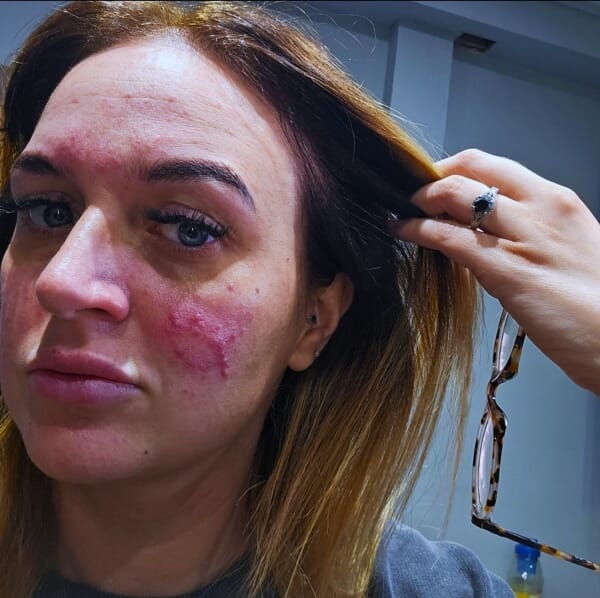
This is where targeted skincare can come to the rescue. Skincare containing high levels of protective antioxidants as well as anti-redness and UV protection can significantly help reduce oxidative stress and inflammation.
In the case of urban acne, skin care should differ from anti-ageing skincare containing antioxidants because acne prone skin is also prone to oiliness and pore blockages. Antioxidant skincare aimed at anti-ageing is often quite rich and heavy and so is not ideal for skin prone to acne.
Kalme Day Defence is a light protective day cream for very sensitive and acne-prone skin that can be worn as a stand-alone product or under cosmetics. It contains a plant-based potent antioxidant along with a plant-based anti-redness ingredient from young caper buds plus a pure zinc mineral SPF 40 which not only protects against UV oxidative damage but also has a natural anti-inflammatory action.
Tip 3: Keep sebum pure
It’s well known that increases sebum production often causes acne. Several studies have proved that skin in urban environments produces more sebum than skin in more rural environments. Increased sebum production can lead to more oxidisation of sebum as it reaches the skin’s surface causing pore blockages that lead to acne.
However, trying to dry up or reduce excess sebum production in urban skin can lead to other issues as sebum also offers certain levels of protection for urban skin. Sebum is nature’s moisturiser for our skin and urban skin needs to stay hydrated. The biggest threat from environmental damage to skin hydration is air conditioning. Congested and dry skin often starts producing more sebum to protect it from further damage so reducing sebum is not an ideal solution for urban acne.
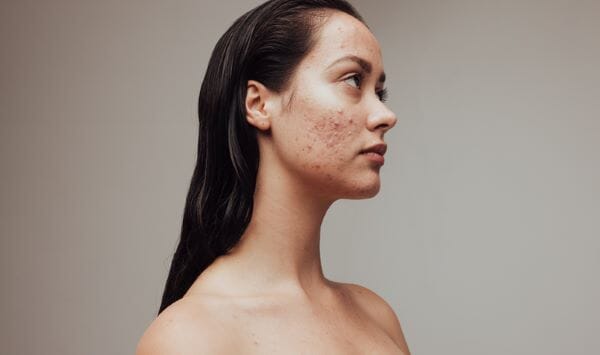
What works better for controlling pore blockages from increased sebum production while not reducing sebum is to keep the sebum preserved and clean as it passes out through the skin pore. There are modern skincare products that help achieve exactly this which makes them ideal for using on skin exposed to urban environments to help prevent urban acne.
Clarol Sebopure is a sebum-cleaning product that contains a unique plant-based sebum preserver ingredient that helps reduce sebum contamination from oxidisation. It can be worn at night and under other cosmetics and skin care products during the day.
Tip 4: Avoid Washing with Water
Washing your face with water daily can actually also be an environmental factor that is adding to the damage to your skin.
Water is a very caustic substance that also contains chlorine and so if you have sensitive skin prone this alone can trigger inflammation and reactivity.
Open pores and blackheads are typical symptoms of urban living and pollution as both cause a decrease in elasticity and collagen production in the skin itself, which is why it causes pores to end up gaping open more.
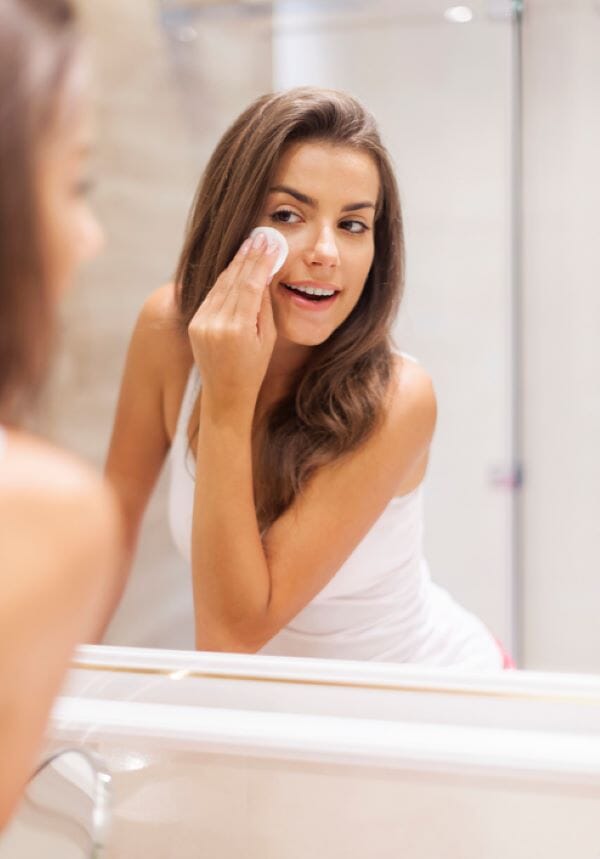
Stripping away essential skin oils that help keep the skin more elastic through daily facial washing with foaming cleansers and water can make the skin less elastic and so leave pores more open.
The best way to clean urban acne-prone skin is to do a double cleanse system first with a water-free cream cleanser or a natural light facial oil such as rosehip oil or squalene to remove the majority of the dirt and cosmetics, then use a cleansing toner to remove any traces of dirt of make up left from the first cleanser while toning skin and reducing pores.
Kalme Water-Free Cream Cleanser is a gentle perfume and chemical free cleanser with moisturising ingredients to gently cleanse away dirt and make up while leaving skin moisturised. Clarol Birch Water Pore-Minimising Toner is perfume free with plant-based equivalents to salicylic acid to gently clean out any left-over dirt from skin pores after cleansing and help dilate gaping pores and aide pore reduction.



